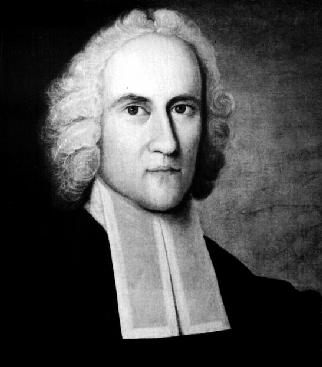Guidelines for Witnessing to Your Orthodox Friends
1. Remember that salvation does not depend on works or on your association with a church. It depends on a personal relationship with the Lord Jesus Christ. This relationship comes through faith (see Eph. 2:8-9).Of these, my favorite is number three which says that many Orthodox have never had a personal relationship with Jesus. That may be true, but the author here mistakes "personal" for "individual" or "individualistic." Evangelicals do not seek a personal relationship with Christ, but an individual one rooted in their own ideas, visions, hopes, dreams, conclusions, etc.
2. Pray and trust the Holy Spirit to reach the hearts and minds of those who are lost with the gospel message.
3. Share your testimony. Many Orthodox have never experienced a personal relationship with Jesus Christ. Your testimony of what Jesus has accomplished in your life could have a great impact on them. Keep your testimony short. Avoid using terms that are unfamiliar to Orthodox, such as: "walked the aisle," "got saved," and "born again."
4. Explain that you are certain of your salvation because of God's grace. Make sure that you communicate that your assurance is derived from God's grace and not from good works or your ability to remain faithful (see 1 John 5:13).
5. Give them a copy of the New Testament. Lead them to texts that explain salvation.
6. Avoid issues that are not central to salvation.
7. Keep the gospel presentation Christ-centered.
Every Orthodox who receives the mysteries is engaged in a personal relationship with our Lord and God and Saviour, Jesus Christ. Christ Himself comes mystically to us in the Eucharist, in Penance, in Baptism, in Chrismation, in Marriage, in Ordination, in Holy Orders. Those mysteries give us direct, unfettered contact with Christ to fulfill the prayer in the Garden of Gethsamane before His Willing Crucifixion and Death, namely, that they be One in Us. Through those mysteries and through Christ's incarnation in the flesh, Christ can be in communion with us on a personal level, not some transcendent abstraction rooted in ideas. Orthodox theology is rooted in the person, man and the God-man (Θεαντυθροπος) Jesus Christ. Communion, the joining of the two, creature and created, centered in Christ--nothing is more personal than that.
The author here then obviously confuses the personal with evangelical. Considering that Evangelicals have no or have very little of a sacramental heritage, I can see why there may be confusion. Evangelicalism is fragmented and splintered into any number of sub denominations which are all founded based on someone's individual interpretation of Holy Tradition and Scripture, which flies in the face of 2000 years of unbroken Christian belief as represented by the Holy Orthodox Church.
What is more is that the individualism aspect of Evangelicalism is rooted largely in American civil religion. They use their Christianity to promote truth, justice and the American way. I remember a story a Greek friend once told me about a few American Evangelical teens who came to his home in Salonica, wanting to preach the Gospel. He stopped them from their rehearsed script and asked them why they had come to Greece a country where 95% of its population is baptized Greek Orthodox Christian (whether they're practicing or not is a debate for another time, but the point is Greece is not like Iran). They stopped, not knowing how to respond, but eventually, after several minutes of pushing, it finally came out--the problem with the Greek Orthodox is not that they're Greek Orthodox but they're not American. The teens were using their Evangelicalism as the door to introduce Americanism to the Greeks so that they become like us. Don't get me wrong--I love being an American, but other places in the world simply are not America and that's fine.
To my Evangelical friends, don't proselytize. There's no need for it and will probably only end up causing major friction with people you hold to be friends and family. The same goes for Orthodox, especially zealous converts. It is fine to debate the finer points of Christian doctrine, but when it is done in an interventionist style, then there are only going to be problems.
As far as the other six points go, I think I will refute those in the future.




